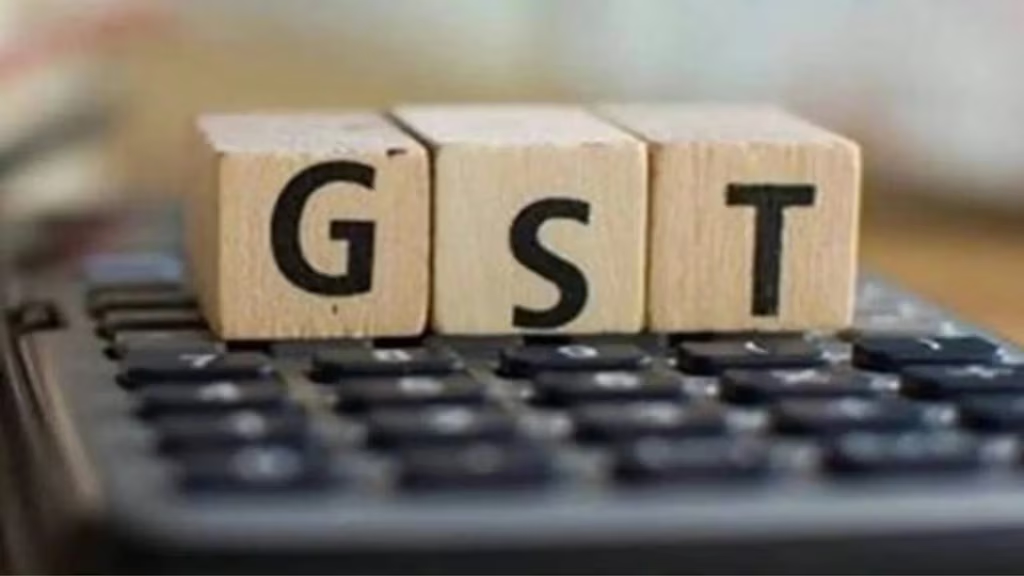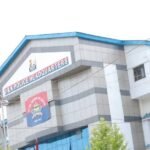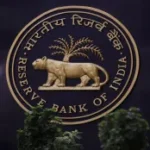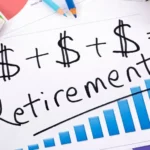
The 54th GST Council Meeting, chaired by Finance Minister Nirmala Sitharaman, was concluded on Monday with announcements like tax cuts on cancer drugs, helicopter travel, and snacks like namkeen. After the conclusion of the meeting, FM Nirmala Sitharaman said that the reduced rates will apply prospectively.
Shivashish Karnani, Head of GST, at DPNC Global, said, “The council has taken various rate rationalisation measures like reduction of GST on cancer drugs from 12 per cent to 5 per cent, namkeens, sharing helicopters for pilgrimage which will lessen the burden on consumers. Council has also decided that foreign airlines will be exempt from GST on services imported from related parties which will help in settling ongoing litigations. For B2C transactions, e-invoicing will be introduced on a voluntary basis which will allow consumers to check invoices and also help foreigners to claim refunds of the GST paid in India. GoM has been established to work out lower rates on insurances including medical, group and health. To curb revenue leakage on metal scrap, GST under RCM is proposed. The new regime for the gaming sector has given a boost to the GST collections and is up around 412 per cent on a 6 months comparative basis.”
The GST Council also constituted a Group of Ministers (GoM) to consider exempting GST on life and medical insurance premia. Nirmala Sitharaman said that the next meeting of the Council, scheduled for November, may take several key decisions. Speaking about the GoM set up to consider GST on medical and health insurance, she said the group will be chaired by the deputy chief minister of Bihar, Samrat Chaudhury — who also heads the GoM on rate rationalisation – but its members will be different.
Pratik Jain, Partner, PwC India, said, “There seems to be more urgency around rate rationalization with the council again scheduled to meet soon to discuss more. Extension of E-invoicing to B2C segment and mechanism like invoice management system (IMS) means that the ambit of technology is increasing substantially which industry has to be prepared for. Next few months seem to be critical which will shape the future of our GST.”
Here’s what got cheaper and expensive:
Cancer drugs: The GST Council announced a GST reduction on cancer drugs like Trastuzumab Deruxtecan, Osimertinib, and Durvalumab from 12 per cent to 5 per cent. Industry experts applauded the decision. Dr Manisha Karmarkar, CEO, DPU Super Specialty Hospital, Pimpri, Pune, said, “The reduction of the GST rate on cancer drugs to 5 per cent is a much-needed and revered move announced by the council that will ease the burden of this life-threatening disease. Currently, cancer is among the top 5 causes of death in India, and a considerable share of these cases are owing to the inability to bear medical expenses. Furthermore, India recorded approximately 1.49 million cases in 2023 and as per estimates, a 12.8 per cent increase in annual cancer cases by 2025 is projected. This underlines the need to build a robust ecosystem to fight the inflating cancer load, and the move to reduce the GST rate is a coveted step in that direction.”
R&D activities: The Council decided to exempt research and development (R&D) activities funded by private and public sources, including universities, from GST. Shivam Mehta, Executive Partner, Lakshmikumaran & Sridharan, said, “The recent exemptions proposed in the context of Government and Private grants received for research and development services seems to tackle the issue of taxability of grants received by research institutions. On the top of that, the decision to regularise the past demands will probably bring an end to the notices issued lately to institutions such as IIT-Delhi.”
Helicopter travel booking: The Council decided to cut taxes on helicopter services for religious travel to 5 per cent, which will benefit travelers booking helicopters on a ‘seat-share’ basis in pilgrimage destinations like Kedarnath-Badrinath and Vaishno Devi.
Namkeens and savoury food products: The GST Council announced that the rate on namkeen and savoury food products will be reduced from 18 to 12 per cent. Harpreet Singh, Partner, Deloitte India, said, “Reduction of rate from 18 per cent to 12 per cent on extruded or expanded snack is another example of GST Council giving relief to industry based on the generally adopted practice. Extrusion is a technique used to create ready to eat puff snacks. As this process is mentioned in the HSN entry 1905 liable to tax at 18 per cent, the authorities were alleging that products are liable at the higher rate. However, the industry was classifying the said products under entry 2016 which covers Namkeen, etc. liable to tax at 12 per cent. With this amendment, the issue of classification on these products has been put to rest prospectively.”
Metal scrap: To curb revenue leakage on metal scrap, GST under Reverse Charge Mechanism (RCM) is proposed, said Shivashish Karnani from DPNC Global. A RCM will be introduced on supply of metal scrap by unregistered person to registered person provided that the supplier shall take registration as and when it crosses threshold limit.
Car and motorcycle seats: The Council announced an increase in rates for car seats, which attracted 18 per cent GST and will now attract 28 per cent GST. Madhava Yathgiri, Partner, Deloitte India, said, “The recommendation to increase the rate of GST prospectively on car seats from 18 per cent to 28 per cent is to bring the parity with seats of motorcycles, which is largely revenue neutral. Further, there have been disputes with respect to the classification of car seats by the GST authorities in the past where high-value demands were raised by applying a GST rate of 28 per cent. The clarification that has been now proposed by the GST Council for the past period is a welcome relief and will avoid unwarranted litigation.”


